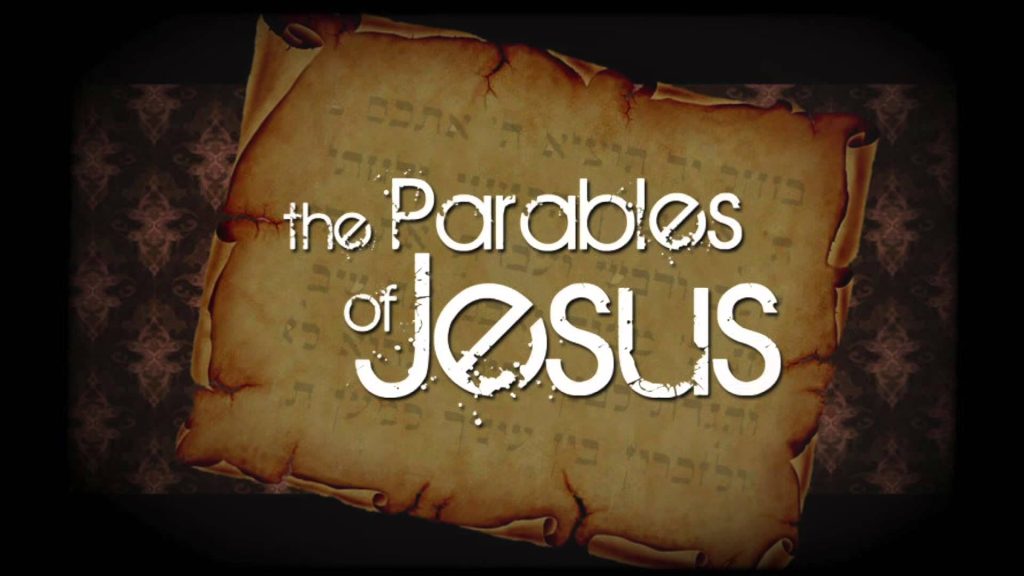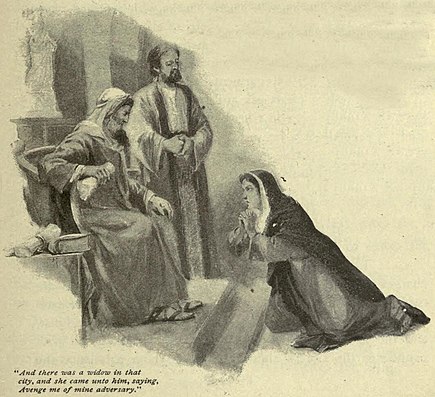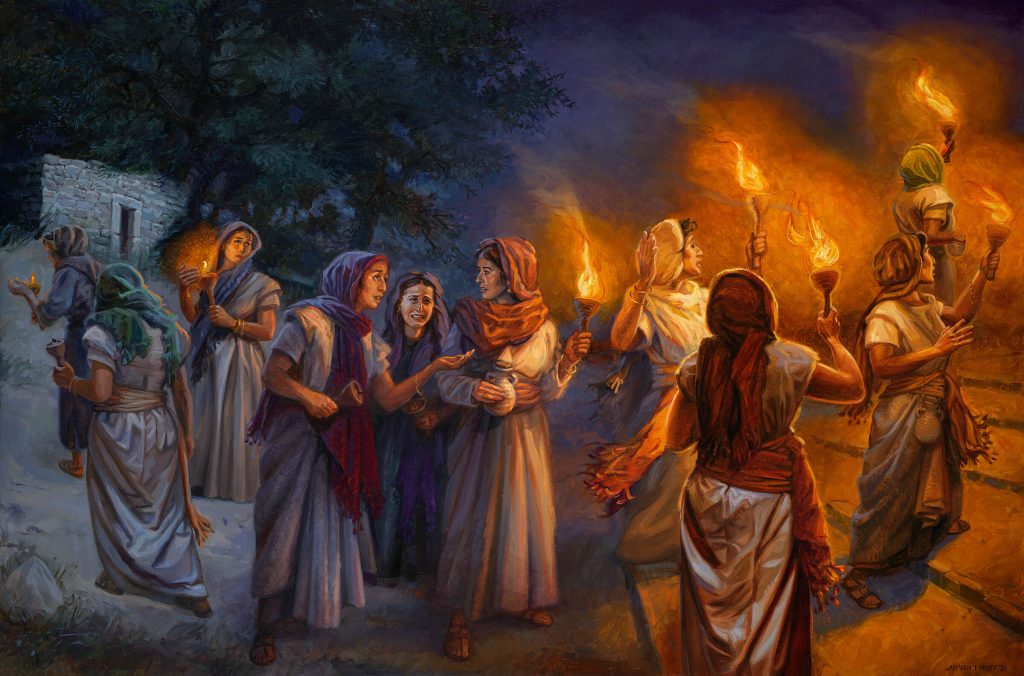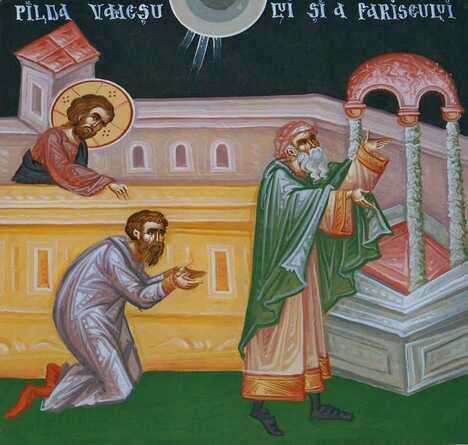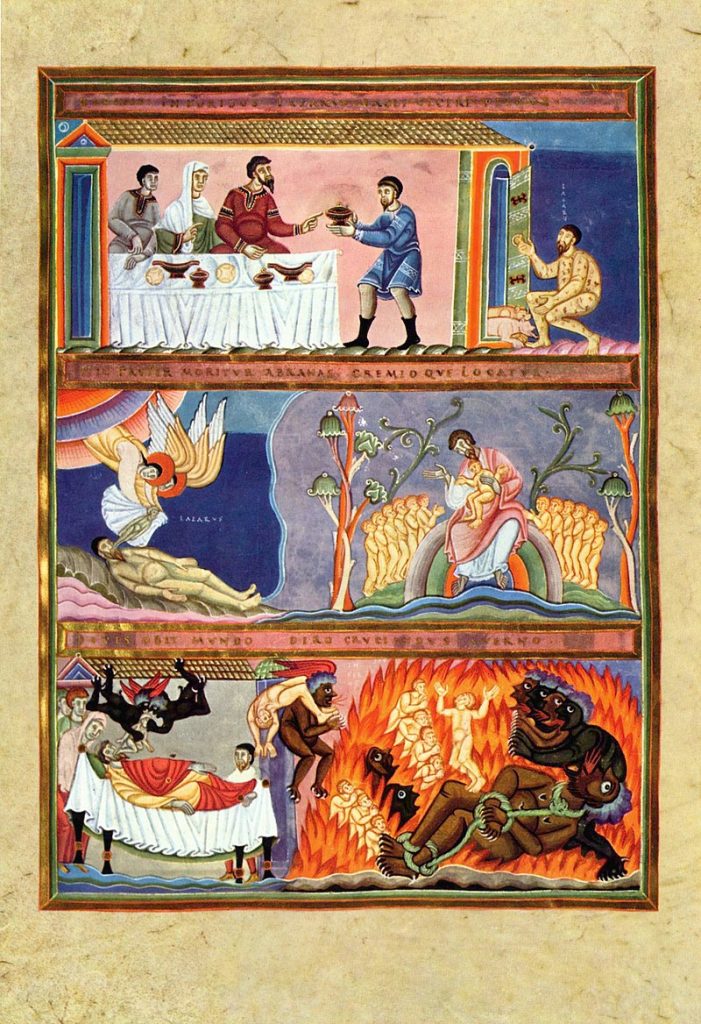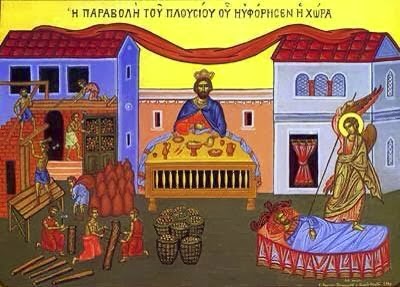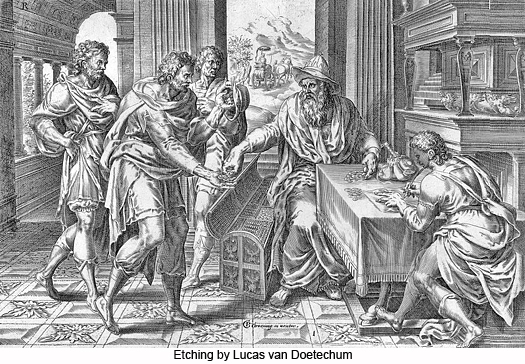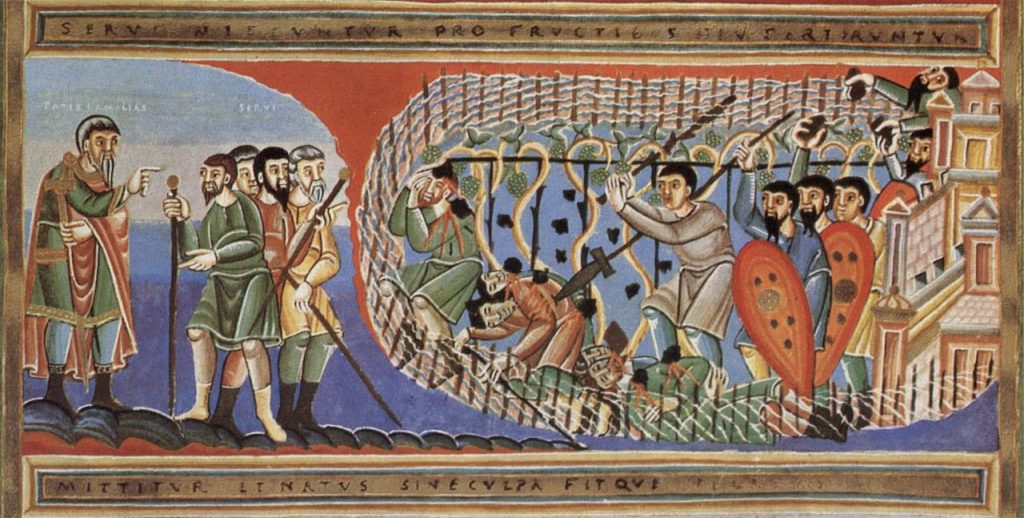In this Eastertide study, we are studying some of the parables of Jesus. Jesus did not teach systematic theology, rather whenever someone asked him a question, he would respond with “Let me tell you a story.” To help us better understand the parables, we are using Jesus Through Middle Eastern Eyes by Kenneth Bailey and The Parables by Archbishop Dmitri Royster. This Easter study is for six weeks and covers eleven parables.
(Easter 2014)
The Parables – Introduction
No Comments
When the very Wisdom of God came down and dwelt among us, he (unfortunately) didn’t teach as a systematic theologian, rather whenever someone would ask him a question, he would respond with “Let me tell you a story.”
The Parables – Parables of Women, pt.1
No Comments
Because the women were the only ones to be with Jesus both at his Crucifixion and Resurrection, we are going to begin the study with two parables concerning women. The first is the parable of the importunate unrelenting widow found in Luke 18:1-8 and the second is the parable of the ten virgins or bridesmaids found in Matthew 25:1-13.
The Parables – Parables of Women, pt.2
No Comments
The same teaching of Jesus immediately precedes both parables that no one knows when the second coming will be, so we should always be ready. The parables resolve these teachings.
The Parables – The Good Samaritan, pt.1
No Comments
The men who knew and obeyed the Scriptures the best, failed to help because of their obedience. Whereas the man who was outside of the covenant people, did right.
The Parables – The Good Samaritan, pt.2
No Comments
Notice within the reading how Jesus turns the lawyer’s question around at the end. The lawyer asks “Who is my neighbor?” – in other words, to whom must I show love? Whereas, Jesus asks the lawyer “Who was the neighbor of the man?”
The Parables – Laborers in the Vineyard, Pharisee and Publican, pt.1
No Comments
In both of these parables, the antagonists believe that the reward of the kingdom is only for themselves and not the other. The overarching theme of the parables is that neither Envy nor Pride have a place in the Kingdom of God.
The Parables – Laborers in the Vineyard, Pharisee and Publican, pt.2
No Comments
In the parable of the Tax Collector and the Pharisee, Bailey brings out that the underlying difference between the two men may lie in their respective understanding of the nature of sin – is it about a broken law or a broken relationship.
The Parables – Unrighteous Steward, Rich Man and Lazarus, pt.1
1 Comment
These parables are found next to each other, with the parable of the Unrighteous Steward setting up the parable of the Rich Man and Lazarus.
The Parables – Unrighteous Steward, Rich Man and Lazarus, pt.2
2 Comments
In the parable, we see the two men exhibit the spiritual characteristics of their respective social classes, the economically poor Lazarus exhibits spiritual poverty, whereas the rich man does not.
The Parables – Rich Fool, Waiting Servants, pt.1
No Comments
In the parable of the Rich Fool, the protagonist follows good standard financial advice in governing his affairs by building a great storehouse of wealth. Why is he therefore called a “fool”?
The Parables – Rich Fool, Waiting Servants, pt.2
No Comments
In the parable of the Waiting Servant, Jesus has compressed the entirety of who he is into this one very short story. We see teachings on the Incarnation, the Atonement, all of Holy Week, and the Second Coming.
The Parables – Pounds, Wicked Tenants, pt.1
No Comments
The parable of the Pounds concerns the unrealized or future eschatology (the kingdom is not here yet) and how followers of Christ are to conduct themselves in the interim.
The Parables – Pounds, Wicked Tenants, pt.2
No Comments
Both parables end with a pronouncement of judgment, but are silent as to whether the judgment is carried out. What does this open-endedness say about who God is.

